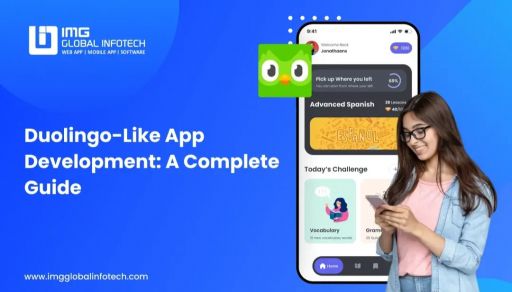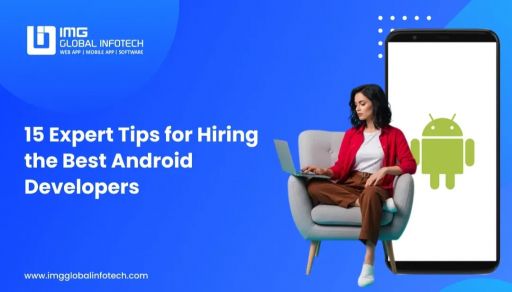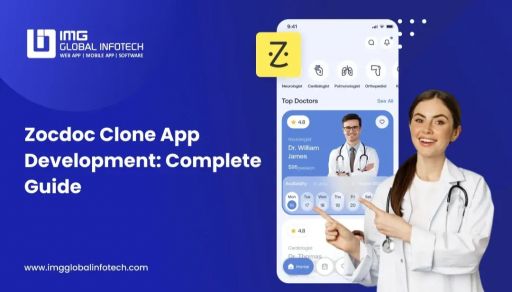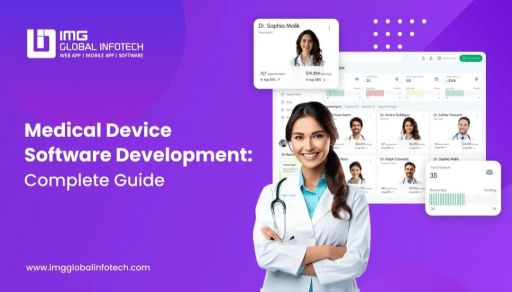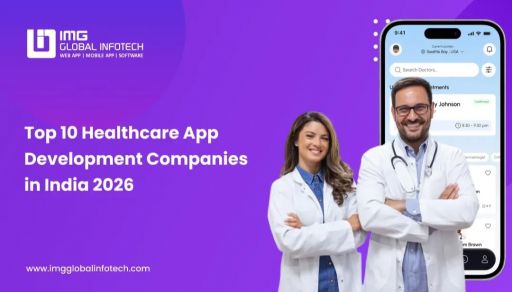How Long Does It Take To Build A Mobile App?
Nick
Jul 09, 2025

Building a mobile app for business isn’t just about having a brilliant idea, it’s about turning that idea into reality within a realistic timeline. Whether you are creating a healthcare app, ride sharing app, fintech solutions, or a simple app for any business, the first question that comes to mind is “how long does it take to develop a mobile app?” App development time can impact your marketing strategy, development cost budget, and even your competitive edge.
A basic mobile app development time can range from a few weeks to several months, depending on the scope, app complexity, features, team size, and technology involved. As modern tools like AI, cross-platform development frameworks, and low-code platforms evolve, timelines are changing, but so are the market demands.
This blog breaks down all the variables that affect how long it takes to build an app today. Whether you’re a startup founder, a business leader, or someone exploring the app space for the first time, you’ll walk away with a clearer idea of what to expect, and how to plan smarter.
Key Factors That Influence App Development Time

The average mobile development time depends on a combination of factors that shape the mobile app development process from start to finish. Below are the key elements that directly influence how much time it takes to build an app:
1. App Complexity and Features
The more complex your app, the longer it will take time to develop. A simple app with a few screens and basic features like login, search, or push notifications can often be developed within a few weeks. On the other hand, apps that require advanced functionalities, such as real-time chat, payment gateways, geolocation, AI integration, or custom animations, demand more time to build an app.
2. Number of Platforms (iOS, Android, Web, etc.)
Are you building your app for a single platform or multiple ones? Native development for iOS and Android separately typically takes more development time compared to using cross-platform frameworks like Flutter or React Native. While cross-platform tools can reduce time-to-market, they may still require platform-specific tweaks that add to the timeline.
3. UI/UX Design Requirements
A sleek, user-friendly interface doesn’t happen overnight. If your app requires custom animations, high-fidelity designs, or advanced user flows, the design phase will naturally take much time to create an app. In contrast, using standard templates or minimal design elements can speed up the overall app development time, but may limit the uniqueness of the user experience.
4. Backend Infrastructure
Apps that rely on dynamic content, user data, or real-time features will require a solid backend system. Setting up a backend from scratch including servers, APIs, databases, and admin panels increases the android app development time. Choosing a backend-as-a-service (BaaS) solution like Firebase can speed up the process, but may limit customization options.
5. Third-Party Integrations
Apps often need to integrate with third-party tools like payment gateways, social media logins, CRM systems, or cloud services. Each integration requires time for setup, testing, and debugging and if an external API has poor documentation or reliability issues, it can delay the project further results to increase the ios app development time.
6. Team Size and Expertise
The speed of development also depends heavily on the team working on the app. A skilled, experienced and dedicated development team for hire can move faster and anticipate challenges before they become blockers. Conversely, a smaller or less experienced team may take more time to complete the same tasks. Collaboration, project management tools, and communication practices also play a crucial role.
7. Testing and Quality Assurance
Rushing through Ios and android mobile app development without thorough testing can lead to app crashes, bugs, and poor user experiences. Time must be allocated for various levels of testing, unit testing, integration testing, performance testing, and user acceptance testing. More features mean more test cases, which naturally extends the timeline.
8. Client Feedback and Change Requests
If you’re working with a client or a larger team, revisions based on feedback can add days or even weeks to the development process. Scope creep where new features are added mid-way, is one of the most common reasons mobile app development timelines get extended. Establishing a clear project scope upfront helps minimize unexpected delays.
9. Compliance and Security Requirements
In the digital world, privacy and data security are more important than ever. Apps dealing with sensitive user data, payments, or health information may need to comply with industry regulations such as GDPR, HIPAA, or PCI-DSS. Ensuring your app meets these standards involves extra layers of development, testing, and documentation.
Average Time to Develop Different Types of Apps
The time to build an app largely depends on the type of app you’re building and the complexity of its features. While some apps can be up and running in a matter of weeks, others, especially those powered by advanced technologies, may require several months of planning, development, and testing.
Here’s a breakdown of average time to create an app based on different app categories and industries:
How AI & No-Code Tools Are Transforming App Development Timelines?

The mobile app development landscape is evolving faster than ever and much of that acceleration is driven by AI app development solutions and no-code/low-code platforms. These modern tools are redefining what’s possible within tight timelines, helping both startups and enterprises build functional apps faster, smarter, and often more affordably.
Let’s take a closer look at how they’re reshaping the app development timeline:
1. Rapid Prototyping & MVP Launches
With tools like Bubble, Glide, and Adalo, entrepreneurs can now build working MVPs in days instead of months. These platforms allow drag-and-drop functionality with pre-built components, enabling non-technical users to get their app ideas off the ground quickly. This drastically reduces the need for lengthy design and coding phases in early development stages.
2. AI-Assisted Coding
AI tools like GitHub Copilot, Amazon CodeWhisperer, and other AI pair programmers are speeding up traditional development by auto-suggesting code, identifying bugs, and generating boilerplate code. This significantly reduces the time developers spend on repetitive tasks, allowing teams to focus on more complex logic and architecture.
3. Smart Testing & Debugging
AI is also playing a big role in quality assurance. Modern testing tools powered by machine learning can automatically detect issues, predict bugs, and generate test cases based on user behavior. This means faster QA cycles and fewer manual testing hours ultimately cutting down weeks from traditional testing timelines, reducing the overall app development time.
4. Accelerated Backend Development
Platforms like Firebase, Supabase, and Backendless are now widely used to automatically set up scalable backends, authentication, databases, and APIs, all with minimal configuration. Paired with AI-generated logic and automation tools, backend development that once took months can now be completed in just a few days.
5. Personalized User Experiences Faster
Thanks to AI-based personalization engines, developers no longer need to build custom logic from scratch to deliver tailored content or product suggestions. By integrating pre-trained models or APIs, apps can offer intelligent, behavior-based experiences without lengthy development cycles.
6. Democratizing App Development
Perhaps one of the biggest impacts of no-code and AI tools is how they’re lowering the barrier to entry. Business owners, marketers, and creators with no technical background can now participate directly in the app-building process, removing the dependency on full development teams and speeding up iteration cycles.
Conclusion
Mobile app development is more than writing lengthy coding cycles or rigid timelines. With the rise of powerful tools, AI-driven development frameworks, and no-code platforms, building an app from scratch has become faster, smarter, and more flexible. However, the time it takes to create an app still depends on several key factors, from its complexity and technology stack to design requirements, backend setup, and testing phases.
Whether you're developing a simple MVP or a feature-rich, AI-powered platform, understanding the elements that affect app development time is essential for proper planning and budgeting. More importantly, working with the right remote developers team for hire and setting realistic expectations can help you avoid delays and launch your product successfully.
-
 How to Build a Jewelry E-commerce Website Like CaratLane?
How to Build a Jewelry E-commerce Website Like CaratLane?
-
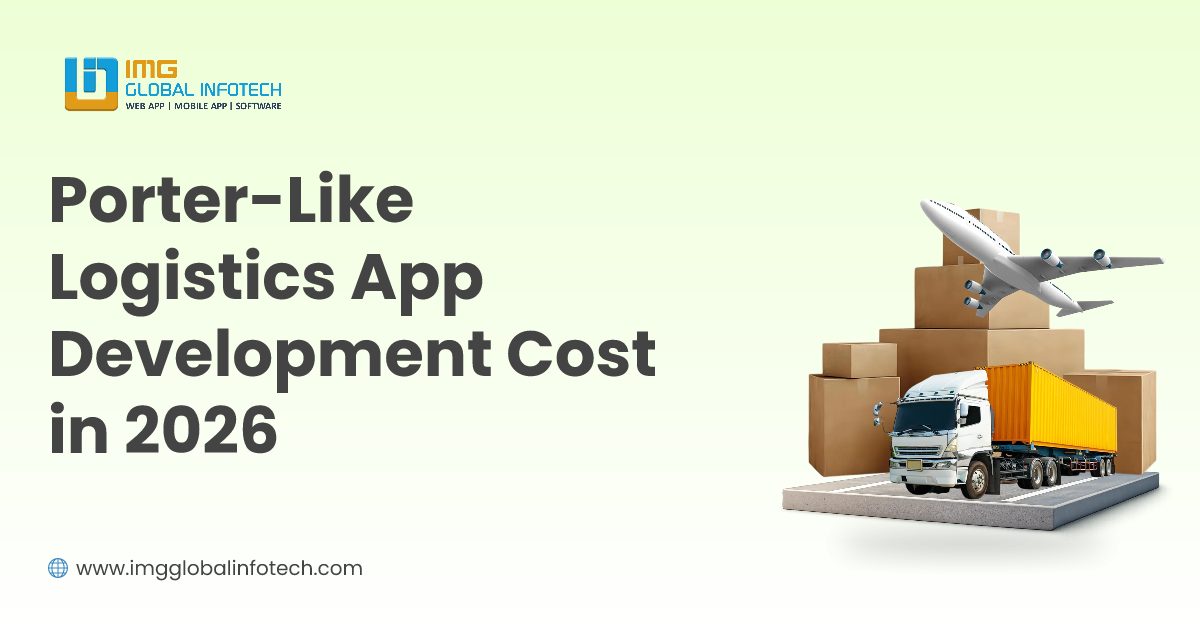 Porter-Like Logistics App Development Cost in 2026
Porter-Like Logistics App Development Cost in 2026
-
 Top AI Features Every Successful Astrology App Must Have
Top AI Features Every Successful Astrology App Must Have
-
 What Are the Top Ecommerce Development Trends to Watch in 2026?
What Are the Top Ecommerce Development Trends to Watch in 2026?
-
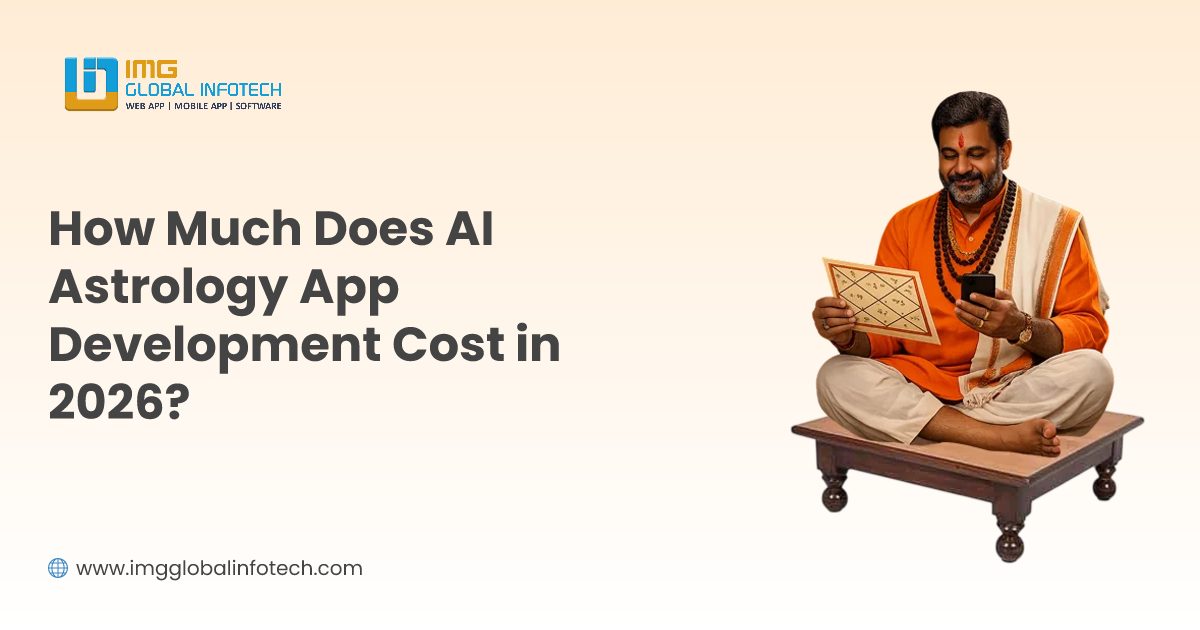 How Much Does AI Astrology App Development Cost in 2026?
How Much Does AI Astrology App Development Cost in 2026?
-
 How to Choose the Right AI Consulting Company in the USA?
How to Choose the Right AI Consulting Company in the USA?
Nick is a professional Technical Content Writer, he crafts insightful, research-driven blogs focused on mobile apps, web development, and emerging tech trends. With a strong foundation in digital technology and a knack for simplifying complex concepts, his content helps businesses understand the real value behind digital transformation.


